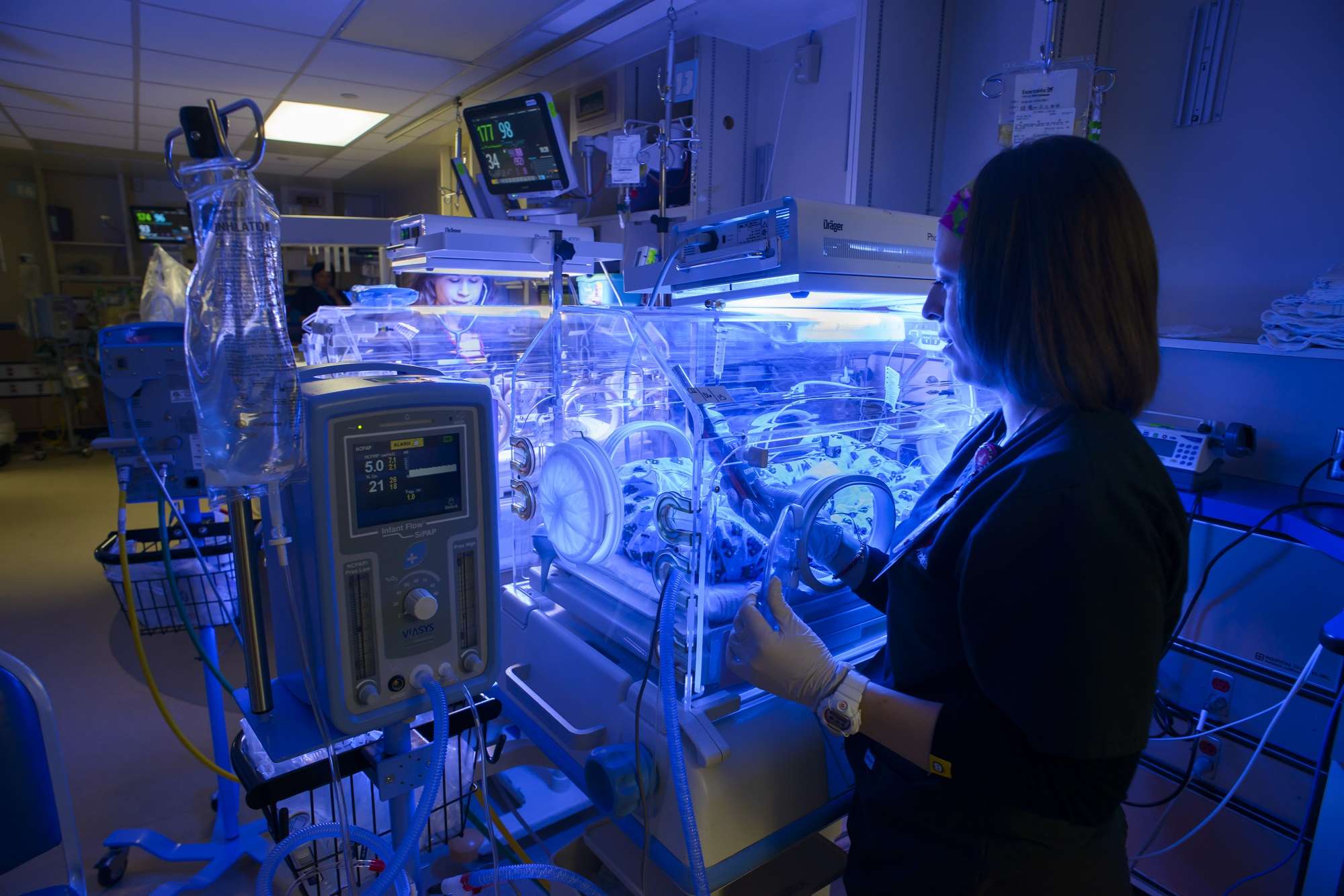Our PhD program consists of two (2) different pathways for students: MSN-PhD part-time and full-time and BSN-PhD.
Mission
Built on a legacy of excellence and innovation, the UTMB Health School of Nursing PhD program mission is to prepare the next generation of nurse scientists, nurse leaders, and nurse educators to engage in current and emerging health care challenges with diverse populations in Texas, as well as nationally and globally.
Purpose Statement
The purpose of the UTMB School of Nursing PhD program is to develop nurse researchers who embrace interdisciplinary collaboration, generate knowledge, advance science, and impact health policy with the goal of promoting holistic health and wellbeing of diverse individuals and populations across the lifespan.
Doctor of Philosophy Pathways
PhD Program Outcomes
The curriculum of the research-focused PhD in nursing is guided by and embedded within the Socio-Ecological Model (SEM). The SEM encompasses five levels that interact and influence health behavior and/or outcomes, including intrapersonal, interpersonal, organizational, community, and societal.
The four Thematic Elements of person, ethical advocacy, social determinants of health, and community/global engagement are entrenched in a rigorous curriculum designed to prepare our students to master knowledge, skills, and attitudes in Substantive Areas of integrative health, population health, precision healthcare, education, advocacy/policy and border lands/global health. The interactions of the complex systems of levels and four thematic elements within the SEM are built upon the Foundational Elements of research training and a culture of scholarship and collaboration.
A successful graduate of our Doctor of Philosophy Program at the UTMB School of Nursing will demonstrate the following:
Faculty Biographies & Research


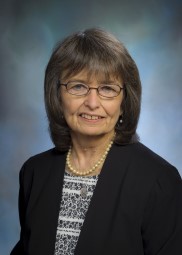
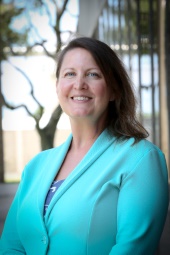
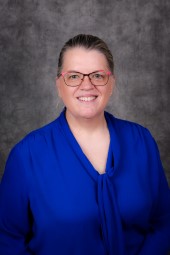
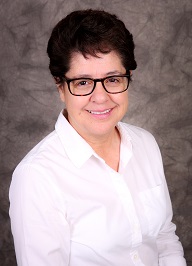

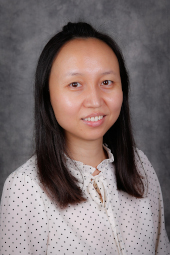
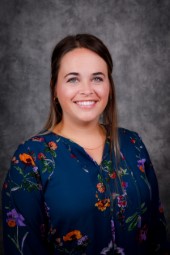
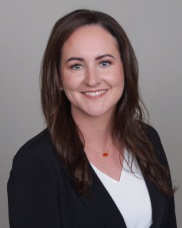
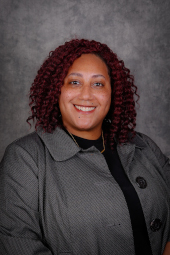


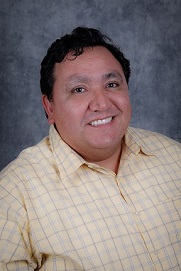




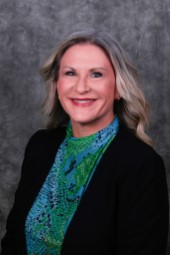

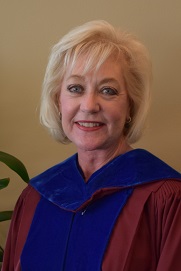


Frequently Asked Questions
Before You Apply
-
What information will the Nursing PhD Program consider when reviewing files for admission?
All elements of applications to the Nursing PhD Program are reviewed: In addition to the applicant's educational and professional history, special attention is paid to the applicant's personal statement and research interests as well as statements by individuals who provided references for the applicant.
-
How do I request credit for nursing courses taken at another school?
PhD students may transfer up to six (6) credit hours. After you are admitted to the UTMB Nursing PhD program, you may submit a petition to the Program Director for a transfer of credits. Email the Office of Student Affairs & Admissions at son.studentaffairs@utmb.edu and inform them that you have courses that you would like to receive credit for. After your petition is reviewed, you will be notified which courses are approved or denied for transfer credit.
-
I live outside of the United States of America. May I attend UTMB PhD program?
Since the PhD program is online, this program does not meet the requirements for students who have VISAs for educational purposes and are required to enroll in courses offered on campus.
-
Can I transfer to UTMB School of Nursing if I have a degree from another country?
Applicants with international credits must submit an official course-by-course credentialing report to NursingCAS using one UTMB's required Credentialing Services. Please click here to see the Credentialing services approved by UTMB.
Additional Program Information
-
What is the difference between a PhD degree and a DNP degree?
The PhD emphasizes fundamental research. The DNP is focused on practice, with students completing a quality improvement project. In the PhD program, students conduct original research, completing a dissertation, a form of inquiry that results in improved patient outcomes and transformations in health care.
-
Is the program online?
Yes. All the courses are taught online.
-
How often will I be required to come to campus?
Students are only required to come to campus once a year in August for 4-5 days for on-campus seminars and meetings with faculty and fellow students.
-
How long will it take to complete the program?
On a suggested plan of study, PhD coursework takes two years to complete, in addition to the comprehensive qualifying exam and dissertation. The dissertation typically takes two to three years following completion of the comprehensive qualifying exam.
-
Can I work while attending the PhD program?
Most students work full- or part-time. MSN to PhD students can choose to enroll full- or part-time. BSN to PhD students are required to be enrolled full time. Most MSN to PhD students are part-time typically enrolling in 2 courses each semester. Students should recognize that working and going to school is challenging, especially when balanced with other commitments such as a family. Students are encouraged to plan for how to best balance personal and work demands with the need for reading, study, and completing course assignments.
-
How many admissions does the PhD programs have per year?
The Nursing PhD program only has one admission per year, in the Fall. Our application dates are listed on our Admissions Deadlines page. Applications will continue to be accepted and reviewed on a space available basis.
